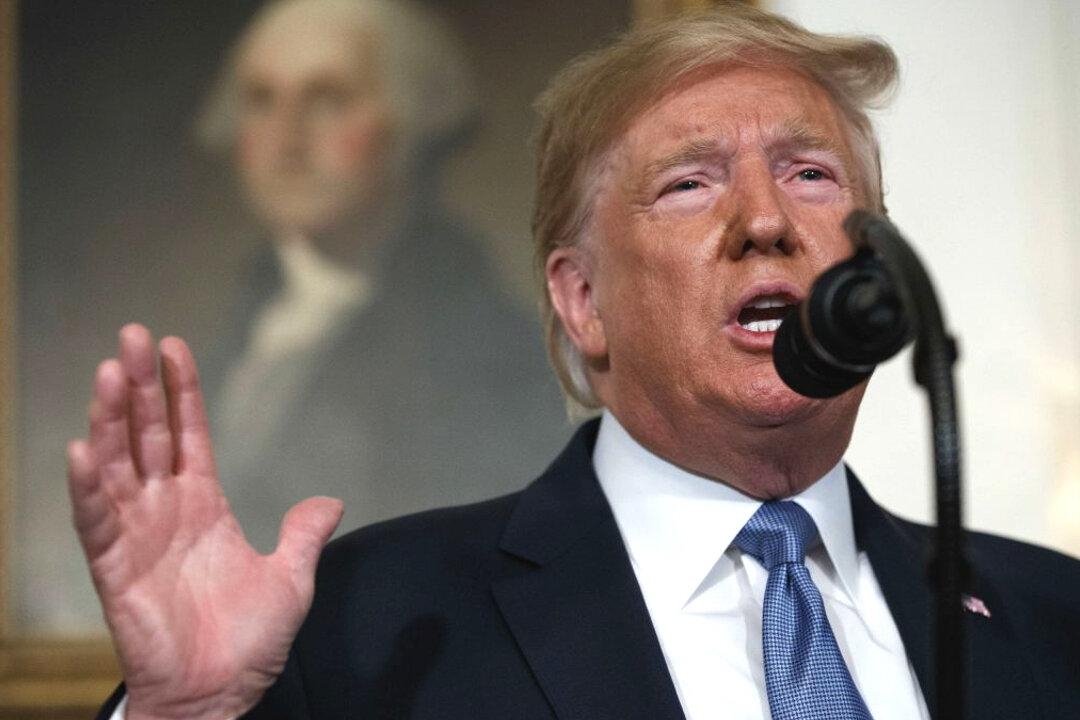President Donald Trump on Aug. 5 criticized the Chinese regime for letting the yuan fall to the key 7-per-U.S. dollar level for the first time in more than a decade, days after he vowed to slap tariffs on another $300 billion of Chinese imports.
“China dropped the price of their currency to an almost [sic] a historic low. It’s called “currency manipulation.” Are you listening Federal Reserve? This is a major violation which will greatly weaken China over time!” he wrote in a tweet on Aug. 5.





